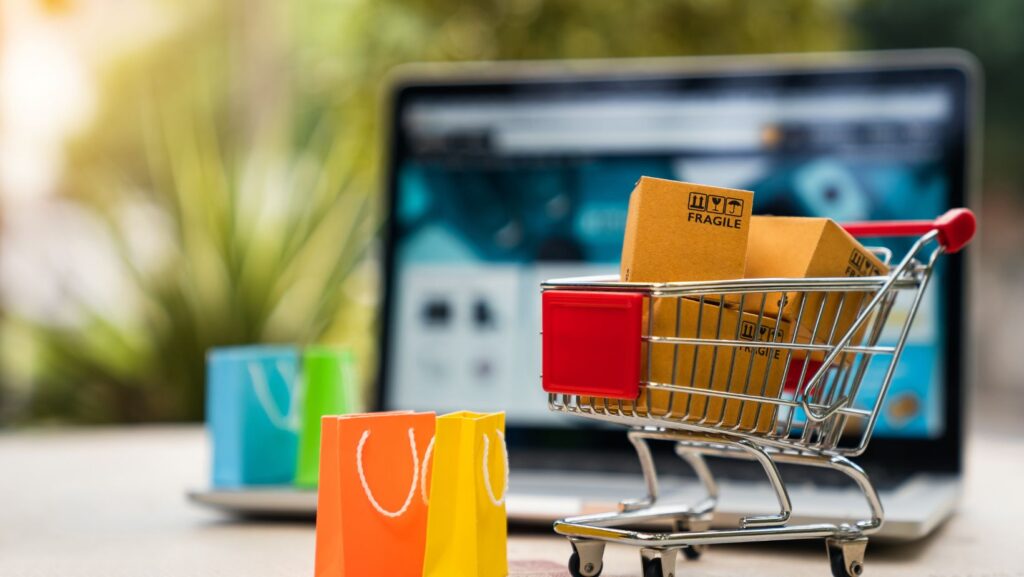
Let’s be honest – we’ve all had that tiny flicker of doubt when something feels a little too random online. You know what I mean, right? Like, when you try your luck with a mystery box or spin a virtual wheel, and you wonder, “Is this thing actually fair… or am I just unlucky?”
I’ve been there. And if you’ve ever explored gamified shopping sites like HypeDrop, you’ve probably asked yourself the same thing. That’s where something called “provably fair” comes in – and it’s honestly a game-changer.
It might sound super techy, but stick with me. It’s actually pretty cool once you understand what it means.
So… What Does “Provably Fair” Even Mean?
At its core, “provably fair” is just a fancy way of saying: you can verify that you weren’t scammed. It’s a system that allows users to check for themselves whether the outcome of a game – like an unboxing or a prize reveal – was genuinely random and not manipulated behind the scenes.
Think of it like this: imagine you’re playing a card game with a friend, and before you even draw your card, you both lock in the deck’s order. Later, after the round is over, you compare it to what was locked in. That way, neither of you could’ve cheated or changed the outcome afterward. Makes sense?
That’s kind of how provably fair systems work in the digital world. It uses a combo of cryptographic codes (don’t worry, no math test here) that can’t be altered mid-game. So you get transparency, accountability, and most importantly – peace of mind.
How It Works on Hypedrop (and Why It Matters)
Let’s talk specifics. On platforms like https://www.hypedrop.com/, where you’re unboxing surprise items ranging from tech gadgets to luxury streetwear, this transparency is crucial. After all, you’re not just adding things to a cart – you’re engaging with a whole experience. And when there’s an element of chance involved, fairness really matters.

Here’s what happens behind the scenes:
● Before your box is opened, Hypedrop generates a cryptographic code (called a “hash”) that determines the result.
● After your unboxing, you can compare that original hash with your actual outcome to see that it wasn’t changed or tampered with.
● You can even use their verification tool to double-check everything yourself. No secret algorithms. No sketchy outcomes. Just real transparency.
It’s kind of like having a receipt that proves the store didn’t swap your purchase after you walked away.
And honestly? That’s one of the things that made me stick with Hypedrop after my first try. The fun is real, but so is the fairness. Knowing it’s provably fair takes the edge off that “what if this is rigged?” feeling.
Why This Matters in 2025
More and more of us are shopping in new ways – gamified platforms, mystery boxes, interactive drops. It’s not just about the product anymore. It’s about the experience of getting it. And when that experience involves chance, trust becomes a big deal.
With so many people questioning digital systems (and rightfully so), it’s refreshing to see companies step up and build in mechanisms that prove they’re not messing with us behind the curtain.
That’s why “provably fair” tech is more than just a trendy buzzword – it’s the foundation for trust in this new era of ecommerce.

And platforms like HypeDrop are leading the way by making sure that fun doesn’t come at the cost of fairness.
Shopping You Can Trust (and Enjoy)
Look, mystery boxes and gamified shopping aren’t going anywhere. If anything, they’re getting even more popular. But knowing there’s a fair system behind the scenes? That’s what makes it sustainable.
So the next time you’re eyeing a new unboxing experience, just take a second to check for that provably fair seal. It’s the difference between playing the game and being played.












